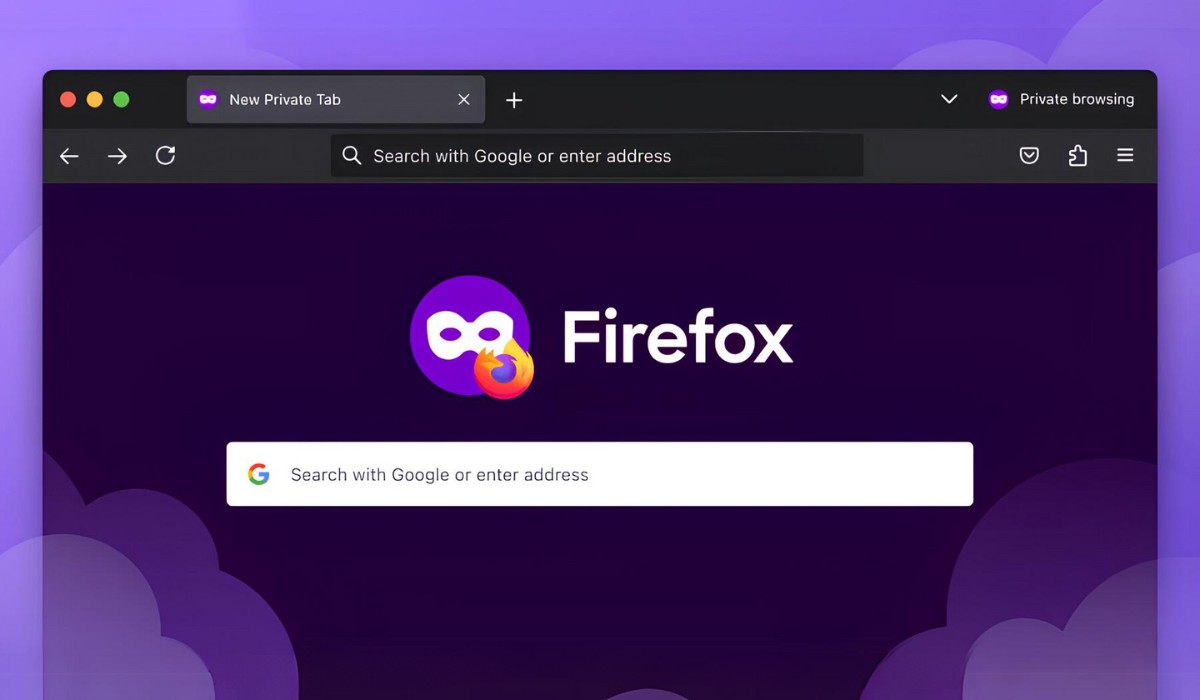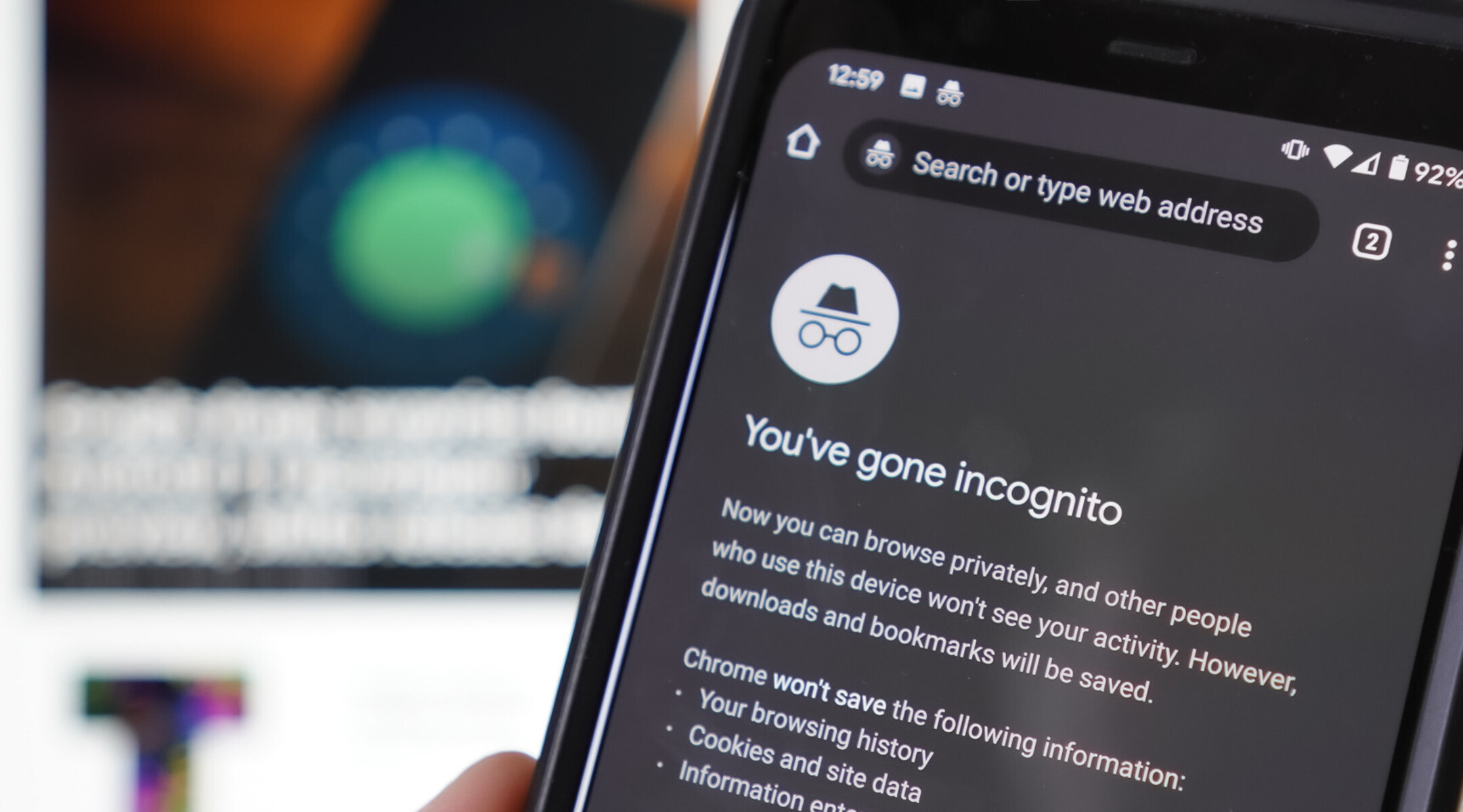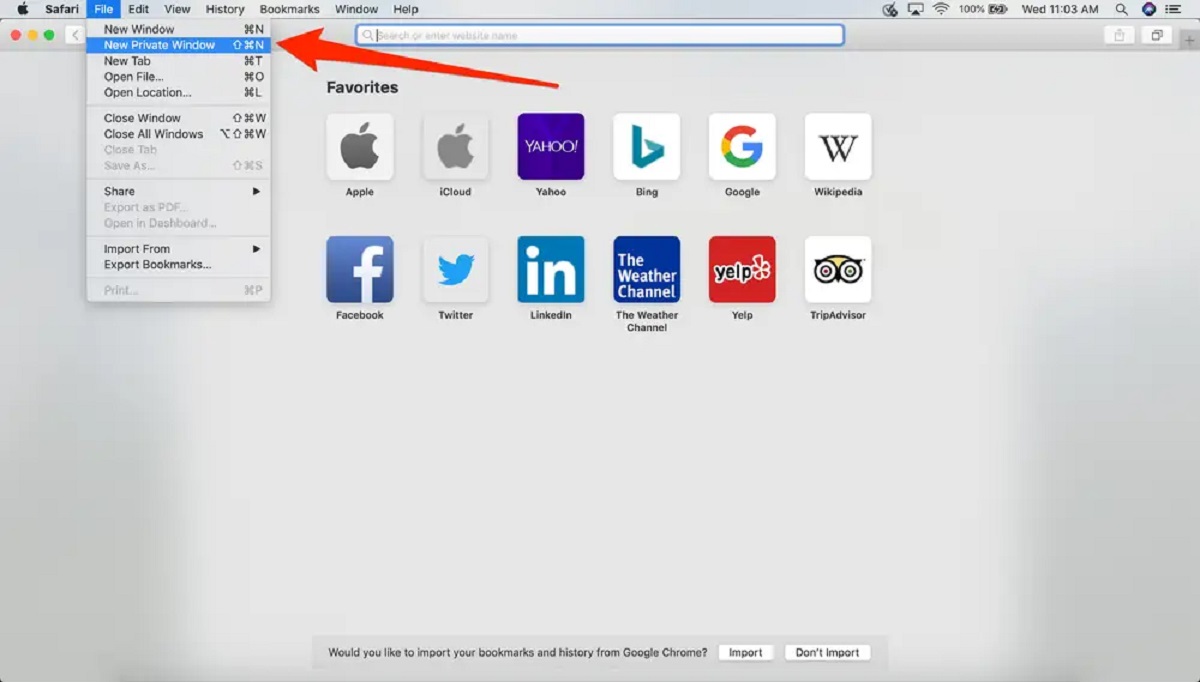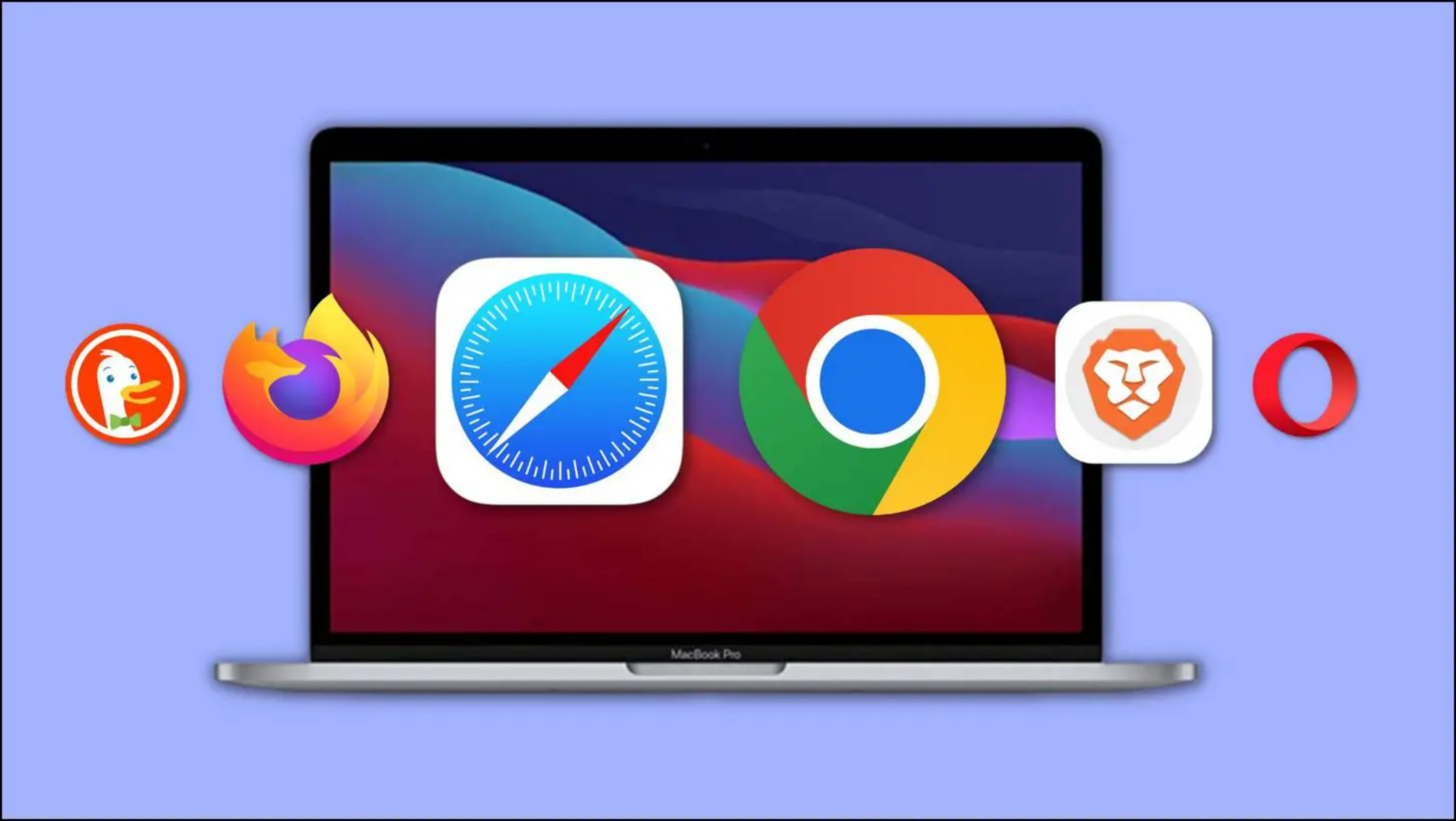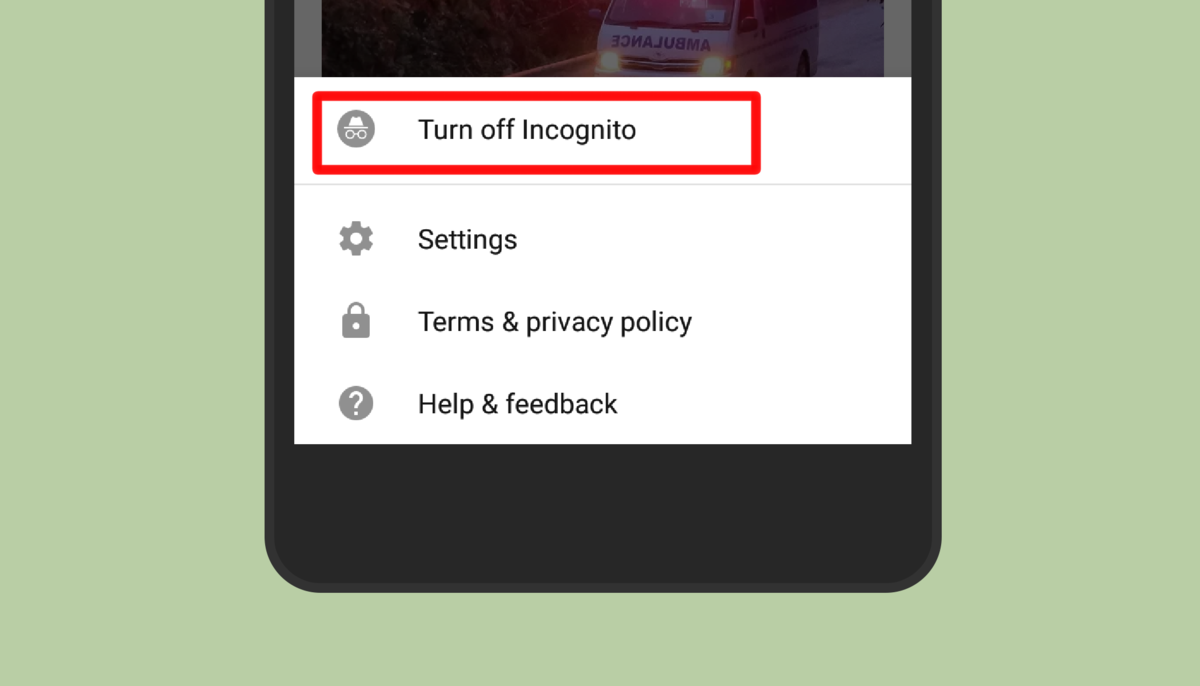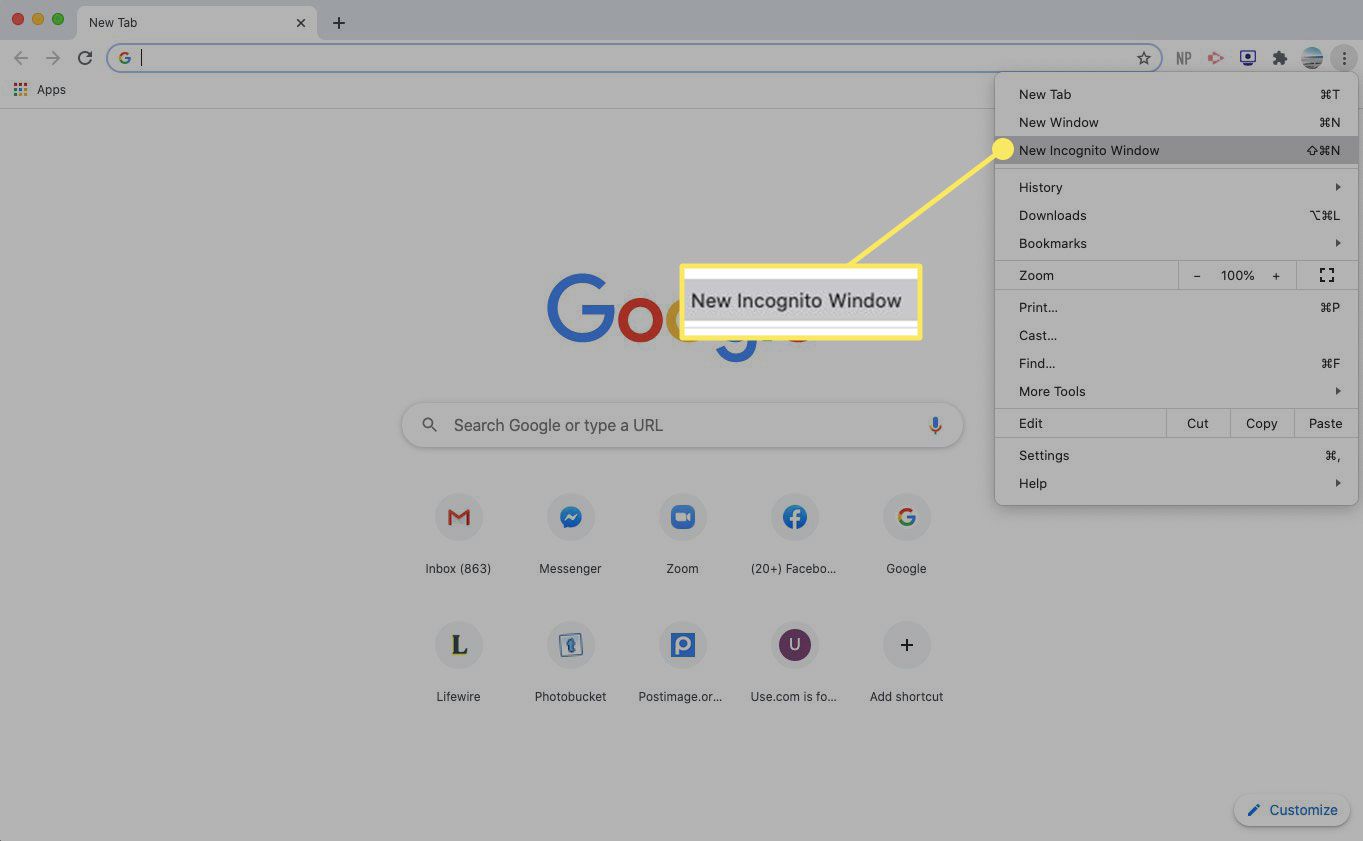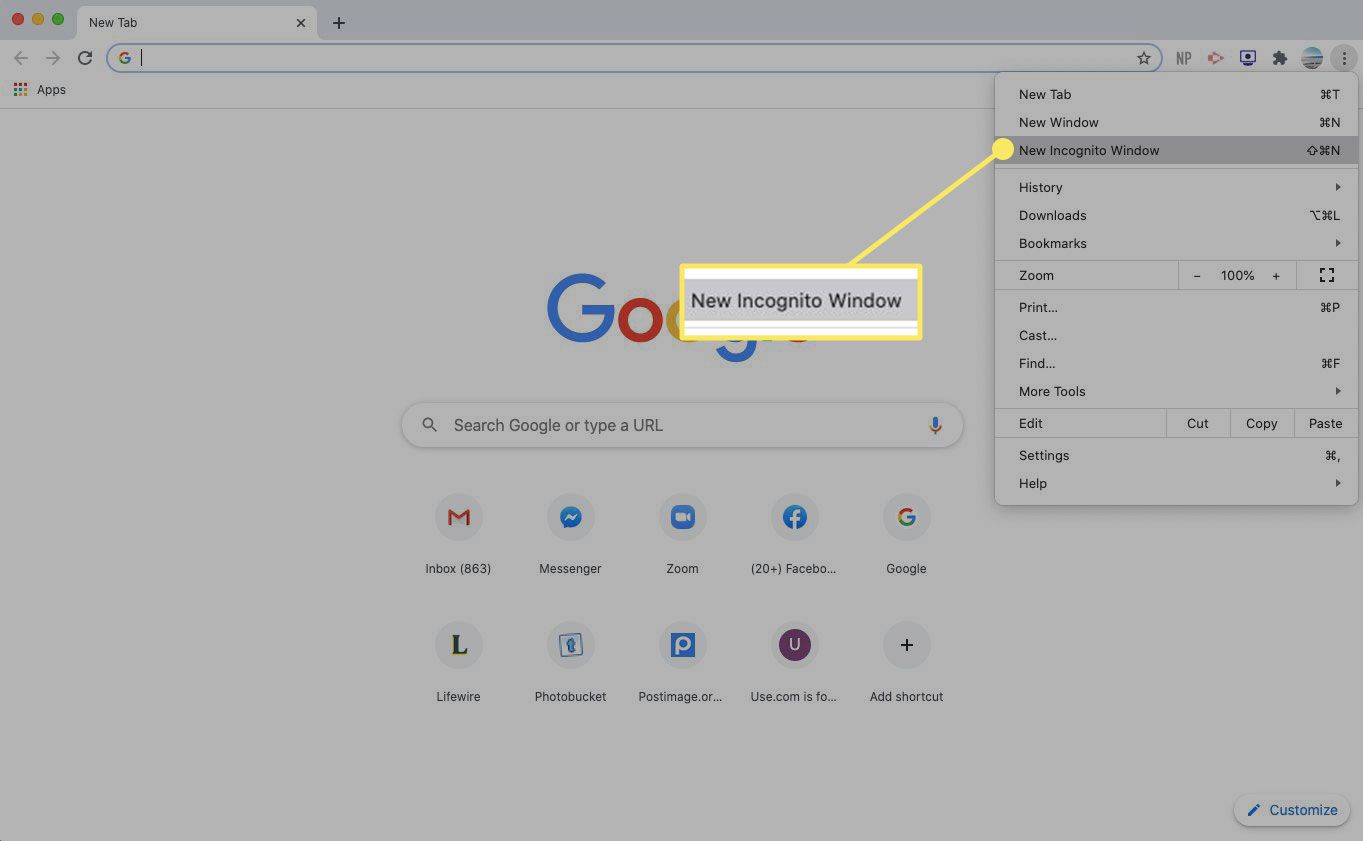Introduction
In today's digital age, where online privacy is a growing concern, web browsers play a crucial role in safeguarding personal information. Mozilla Firefox, a popular web browser, offers a feature known as "Private Browsing" to address these privacy concerns. This feature is designed to provide users with a secure and confidential browsing experience, shielding their online activities from prying eyes.
As internet users become increasingly aware of the importance of protecting their digital footprint, the demand for privacy-focused browsing solutions has surged. Mozilla's Private Browsing feature has emerged as a valuable tool for individuals seeking to maintain their privacy while navigating the web. By understanding the intricacies of this feature, users can harness its capabilities to ensure a more secure online experience.
Mozilla Private Browsing represents a proactive approach to online privacy, empowering users to browse the web without leaving behind a trail of cookies, browsing history, and other sensitive data. This feature serves as a shield against invasive tracking techniques employed by websites and third-party entities, offering a sense of control and anonymity to users as they explore the digital landscape.
As we delve deeper into the workings of Mozilla Private Browsing, it becomes evident that this feature is not merely a passive privacy measure but a dynamic tool that actively protects users' online activities. By shedding light on the inner workings of this feature, individuals can gain a comprehensive understanding of how it operates and the benefits it offers. Let's embark on a journey to unravel the intricacies of Mozilla Private Browsing and explore the ways in which it can enhance the privacy and security of our online endeavors.
What is Private Browsing?
Private browsing, also known as "incognito mode" in some web browsers, is a feature designed to enable users to explore the internet without leaving behind a digital trail of their online activities. When engaging in private browsing, the browser does not store browsing history, cookies, site data, or information entered in forms. This means that once the private browsing session is terminated, all traces of the user's online activities during that session are effectively erased.
The primary goal of private browsing is to provide users with a level of privacy and anonymity while navigating the web. It allows individuals to visit websites without the fear of their browsing history being recorded or influencing personalized recommendations. Additionally, private browsing prevents websites from storing cookies, which are small pieces of data used for tracking and identifying users across different sites.
It's important to note that while private browsing offers a degree of privacy, it does not make users completely anonymous or invisible online. Internet service providers, employers, and the websites themselves can still track users' activities during private browsing sessions. However, the feature is effective in preventing the browser from retaining any record of the user's online journey.
Mozilla Private Browsing, as offered in the Firefox browser, is a robust implementation of this feature. It goes beyond simply not storing browsing history and cookies, offering additional layers of protection to enhance users' privacy and security. By understanding the fundamental concept of private browsing, users can leverage this feature to maintain a more confidential and secure online presence.
In essence, private browsing serves as a digital cloak, allowing users to explore the internet without leaving behind a trail of digital footprints. It's a valuable tool for individuals who prioritize privacy and seek to mitigate the accumulation of browsing history and cookies that can potentially compromise their online anonymity.
How Does Mozilla Private Browsing Work?
Mozilla Private Browsing, also known as "Private Window" in the Firefox browser, operates on a simple yet powerful principle: to create a secure and isolated browsing environment for users. When a user initiates a private browsing session, Firefox opens a new window that functions independently from regular browsing sessions. This separation ensures that the activities performed within the private window do not interact with or leave traces in the user's standard browsing environment.
One of the key mechanisms behind Mozilla Private Browsing is the prevention of data retention. During a private browsing session, Firefox refrains from storing the user's browsing history, search history, download history, web form entries, cookies, and temporary internet files. This means that once the private window is closed, all data associated with that session is promptly discarded, leaving no lingering traces on the user's device.
Furthermore, Mozilla Private Browsing employs a feature called "Tracking Protection" to enhance users' privacy and security. This feature blocks certain elements on web pages that may track user behavior across sites, such as advertisements, analytics trackers, and social media widgets. By preventing these tracking elements from loading, Firefox helps users avoid being monitored by third-party entities during their private browsing sessions.
In addition to data isolation and tracking protection, Mozilla Private Browsing also ensures that any changes made to browser settings or preferences during the private session do not carry over to the standard browsing mode. This means that modifications, such as adding bookmarks or installing extensions, are confined to the private window and do not impact the user's regular browsing environment.
Another crucial aspect of how Mozilla Private Browsing works is its approach to managing user authentication and authorization. When users log into accounts or enter sensitive information on websites during a private browsing session, Firefox does not retain this data after the session concludes. This prevents the automatic sign-in to accounts and ensures that users are not inadvertently logged in when they return to the same sites in their standard browsing mode.
By understanding the inner workings of Mozilla Private Browsing, users can appreciate the comprehensive measures taken to safeguard their privacy and security. This feature creates a secure enclave within the Firefox browser, allowing individuals to explore the web with a heightened sense of confidentiality and control over their digital footprint.
Benefits of Using Mozilla Private Browsing
Using Mozilla Private Browsing offers a myriad of benefits that cater to users' privacy, security, and browsing experience. By harnessing the capabilities of this feature, individuals can enjoy the following advantages:
-
Enhanced Privacy: Mozilla Private Browsing shields users from the accumulation of browsing history, cookies, and site data. This ensures that their online activities remain confidential, free from the persistent tracking and profiling often associated with standard browsing sessions.
-
Isolated Browsing Environment: The feature creates a distinct browsing environment that operates independently from regular browsing sessions. This isolation prevents any interactions or data exchange between the private window and the user's standard browsing activities, reinforcing the confidentiality of their online endeavors.
-
Protection Against Tracking: Mozilla Private Browsing incorporates Tracking Protection, which blocks elements on web pages that may track user behavior across sites. By mitigating the impact of tracking elements, users can navigate the web without being monitored by third-party entities, enhancing their online privacy.
-
Temporary Data Discard: Once the private browsing session is terminated, all data associated with that session, including browsing history, search history, and cookies, is promptly discarded. This ensures that no residual traces of the user's online activities persist on their device, contributing to a cleaner digital footprint.
-
Secure User Authentication: Mozilla Private Browsing does not retain user authentication and authorization data entered during the private session. This prevents automatic sign-ins to accounts and ensures that sensitive information provided on websites is not stored beyond the duration of the private browsing session.
-
Experimentation and Research: Private browsing can be utilized for research, testing, or exploring websites without affecting the user's standard browsing environment. It allows users to visit sites without altering their browsing history or preferences, making it an ideal tool for experimentation and information gathering.
-
Confidential Form Entry: When entering information in web forms during a private browsing session, users can be assured that this data will not be stored or influence autofill suggestions in subsequent browsing sessions. This adds an extra layer of privacy when engaging in online transactions or submitting sensitive details.
By leveraging these benefits, users can embrace a more secure and confidential online experience, free from the constraints of persistent tracking and data retention. Mozilla Private Browsing empowers individuals to take control of their digital footprint and explore the web with a heightened sense of privacy and security.
How to Use Mozilla Private Browsing
Using Mozilla Private Browsing, also known as "Private Window" in the Firefox browser, is a straightforward process that empowers users to explore the web with enhanced privacy and security. To initiate a private browsing session in Firefox, users can follow these simple steps:
-
Opening a Private Window: Users can begin by launching the Firefox browser on their desktop or mobile device. Once the browser is open, they can access the menu, typically represented by three horizontal lines or dots in the upper-right corner of the window. Upon clicking the menu icon, a dropdown list will appear, and users should look for the option labeled "New Private Window" or "New Incognito Window," depending on the browser version. Selecting this option will prompt Firefox to open a new window dedicated to private browsing.
-
Navigating in Private Mode: After the private window is launched, users can browse the internet as they would in a standard browsing session. It's important to note that any activities performed within the private window, such as visiting websites, conducting searches, and interacting with online content, will not be stored in the browsing history, ensuring a confidential online experience.
-
Utilizing Tracking Protection: Within the private window, Firefox automatically activates Tracking Protection, which serves to block certain elements on web pages that may track user behavior across sites. This feature enhances users' privacy by mitigating the impact of tracking elements commonly found on websites.
-
Managing Preferences and Settings: While using Mozilla Private Browsing, any changes made to browser settings, such as adding bookmarks, installing extensions, or modifying preferences, are confined to the private window and do not affect the user's standard browsing environment. This allows users to customize their browsing experience within the private window without impacting their regular browsing setup.
-
Exiting the Private Window: Once users have completed their private browsing session, they can simply close the private window to conclude the session. Upon closure, Firefox promptly discards all data associated with the private window, including browsing history, cookies, and site data, ensuring that no residual traces of the user's online activities persist on their device.
By following these steps, users can seamlessly leverage the benefits of Mozilla Private Browsing to enhance their online privacy and security. Whether conducting sensitive research, exploring websites without leaving a browsing trail, or safeguarding personal information, the private browsing feature in Firefox offers a user-friendly and effective means of navigating the web with heightened confidentiality.
Conclusion
In conclusion, Mozilla Private Browsing stands as a formidable ally for individuals seeking to fortify their online privacy and security. By providing a secluded and secure browsing environment, this feature empowers users to explore the web with a heightened sense of confidentiality, shielding their online activities from persistent tracking and data retention.
The comprehensive measures employed by Mozilla Private Browsing, including the isolation of browsing data, tracking protection, and the temporary discard of session-related information, underscore its commitment to preserving users' privacy. This feature not only prevents the accumulation of browsing history and cookies but also ensures that any modifications made during the private session do not impact the user's standard browsing environment.
The benefits of using Mozilla Private Browsing extend beyond mere privacy protection. It serves as a versatile tool for experimentation, research, and safeguarding sensitive information entered in web forms. Additionally, the feature's ability to create a distinct browsing environment allows users to navigate the web without leaving behind a digital trail, offering peace of mind in an era where online privacy is of paramount importance.
By understanding the functionality and benefits of Mozilla Private Browsing, users can harness its capabilities to curate a more secure and confidential online experience. Whether conducting sensitive research, safeguarding personal information, or simply exploring the web without leaving a browsing history, this feature provides a user-friendly and effective means of navigating the digital landscape with enhanced privacy and security.
As the digital realm continues to evolve, the demand for robust privacy solutions remains steadfast. Mozilla Private Browsing exemplifies the commitment to empowering users with the tools needed to navigate the web on their terms, free from the encumbrances of invasive tracking and data retention. It stands as a testament to Mozilla's dedication to championing user privacy and security in an interconnected and data-driven world.
In essence, Mozilla Private Browsing represents a proactive stance in safeguarding users' digital footprint, offering a sanctuary within the Firefox browser where privacy and security converge. By embracing this feature, individuals can embark on their online journeys with the assurance that their digital activities remain shielded from prying eyes, underscoring the pivotal role of Mozilla in championing a more private and secure web browsing experience.







